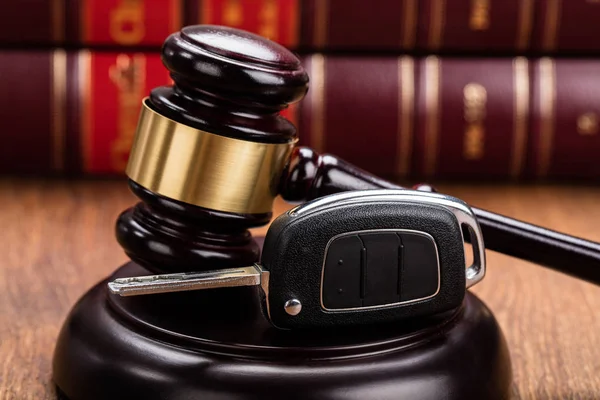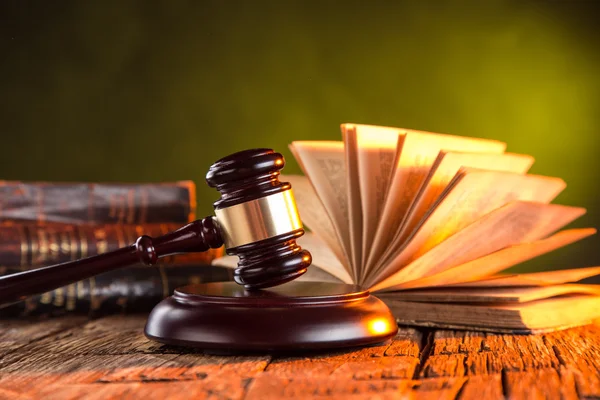California Used Car Buyback: What Every Buyer And Seller Should Know
California is known for its consumer-friendly laws, and when it comes to buying or selling a used car, the state has set up specific rules and programs to ensure fairness and transparency. One of the most significant initiatives in this regard is the California Used Car Buyback Program. Whether you're a buyer looking for protection or a seller wanting to understand your responsibilities, this guide covers everything you need to know about the buyback program and how it impacts both parties.
Understanding the California Used Car Buyback Program
The California Used Car Buyback Program was created to help reduce the number of high-emission vehicles on the road, improve air quality, and provide financial assistance to residents. It is administered by the Bureau of Automotive Repair (BAR), which works alongside the state’s Air Resources Board (CARB) to ensure that vehicles that cannot meet emission standards are properly retired.
Eligibility Criteria for Vehicle Owners
To participate in the California Used Car Buyback Program, both the vehicle and its owner must meet specific eligibility criteria:
- The Vehicle's Age and Condition: The car must be at least 15 years old and meet certain criteria, such as having failed a smog check or being at high risk of emitting more pollution than allowed by state standards.
- Smog Check Requirements: The vehicle must have been registered in California for at least two years prior to the buyback request, and it should have failed a recent smog check.
- Operational Status: The car must be drivable, and not a total wreck. It needs to be able to drive into the dismantling station without assistance.
- Ownership: The vehicle must be owned by the same person for at least two years, and the owner should not have had it temporarily out of the state during this time.

How the Buyback Program Works
Once a vehicle owner qualifies for the buyback program, the process is relatively simple. The owner applies through the Bureau of Automotive Repair (BAR) and submits necessary documentation, including proof of ownership and a failed smog check. Upon approval, the state offers a set amount to buy back the car, typically around $1,500 for most qualifying vehicles.
Why Buyers Should Be Aware of the Buyback Program
Although the California Used Car Buyback Program is more relevant to sellers, buyers should also be aware of its implications. Understanding how the program works can help buyers avoid purchasing cars that may soon be eligible for buyback, or that have already been flagged as high-polluting vehicles.
Smog Check Requirements for Buyers
In California, buyers must ensure that the used car they are purchasing has passed a recent smog check. If a car fails the smog check, it may be ineligible for registration until necessary repairs are made, which can be costly. Knowing about the car's emissions status and previous smog check history is essential for buyers, and this is where the buyback program’s influence comes into play. If a vehicle has failed a smog check in the past, the seller may be trying to offload it before it qualifies for buyback.
Buyers should always ask the seller for the car’s smog check history and, if possible, run a VIN (Vehicle Identification Number) check to see if the vehicle is on a watch list for high emissions.

Protecting Yourself as a Buyer
To protect yourself from buying a high-polluting vehicle that may soon be retired through the buyback program, follow these tips:
- Check the Smog Check History: California law requires that a car must pass a smog check before being sold. Ask for the car’s smog check certificate to ensure that it meets the state's requirements.
- Understand the Vehicle's Emission Profile: Not all used cars will meet the emission standards required by the state, especially older models. By knowing about the car’s previous emission tests and repairs, you can better assess its condition.
- Ask About Any Potential Buyback Status: It’s important to ask the seller if the car has been submitted for buyback eligibility. If the vehicle has failed a smog test multiple times, it may be a candidate for retirement, which could leave you with an unreliable car.
What Sellers Need to Know About the Buyback Program
If you’re a seller with an older vehicle, the California Used Car Buyback Program offers an easy way to retire your car and receive compensation. Before you list your car for sale, you should consider the pros and cons of participating in the program.
Financial Benefits for Sellers
One of the main advantages of the buyback program is the guaranteed payout. If your car qualifies, you will receive around $1,500 for a standard vehicle and up to $1,000 more if you meet low-income guidelines. This offer can be especially appealing if your car is no longer in great condition and might not fetch as much on the open market.
Additionally, you won’t have to worry about repairs, advertising, or negotiations. The process is straightforward, and you will receive your payment within a few weeks of approval.
Selling Privately vs. Participating in the Buyback Program
While the buyback program can provide a hassle-free way to get rid of your car, selling privately could still be the better option for some sellers. If your car is still in good condition and runs well, you might be able to sell it for more than the buyback offer. Keep in mind, however, that selling privately involves more effort and risks, such as dealing with untrustworthy buyers or the need to make repairs before selling.
4655 Cass St, San Diego, CA 92109, United States.
Phone: +1 619-795-9430

